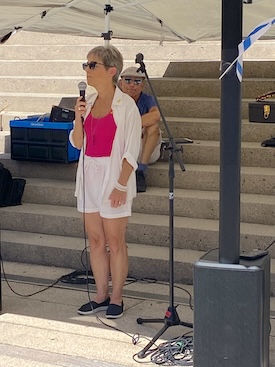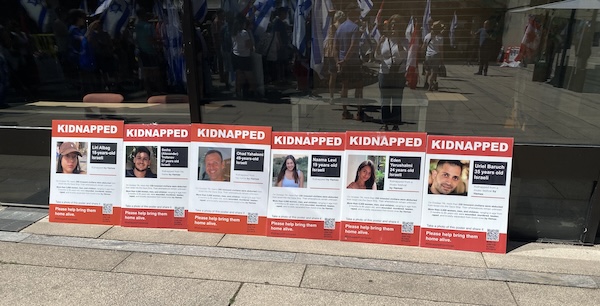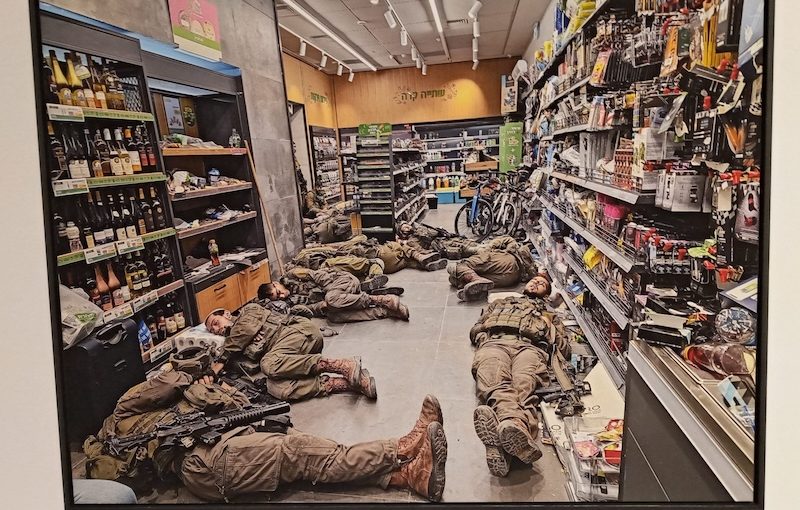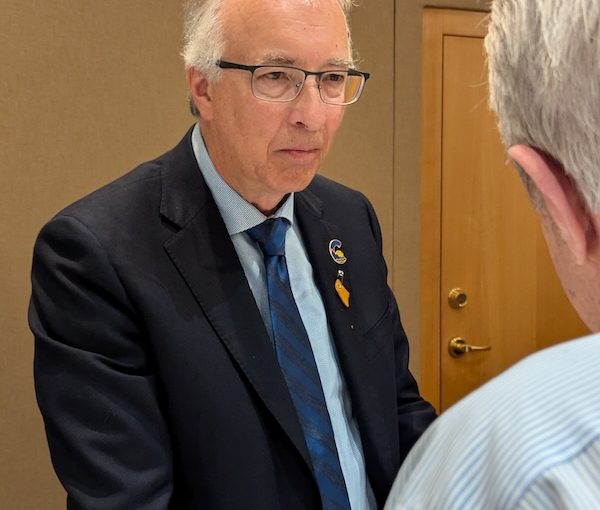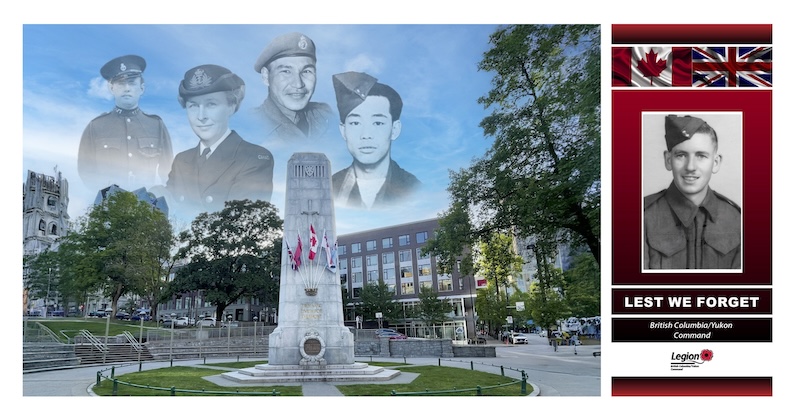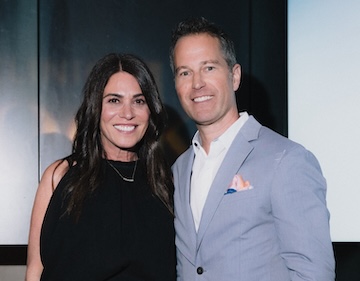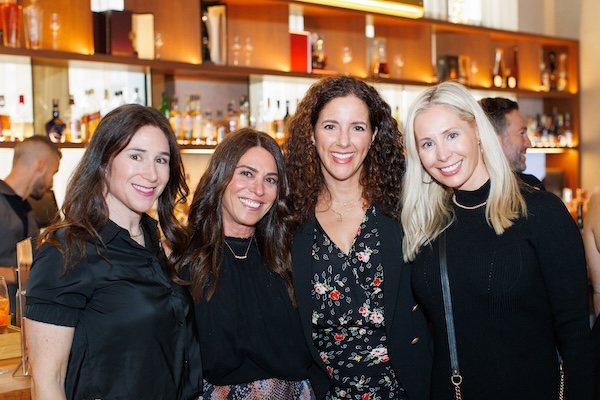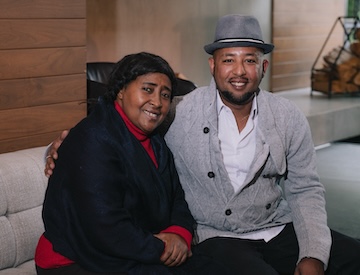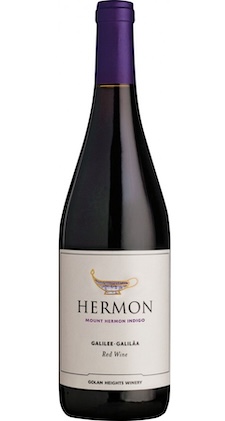A screenshot of the Anti-Oppression Educators Collective’s resources page. The AOEC is a provincial specialist association of the BC Teachers’ Federation.
A group of BC teachers has filed a complaint against their union with the BC Human Rights Tribunal, alleging a culture of discrimination against Jews.
BC Teachers Against Antisemitism filed a complaint last week, after the BCTF rejected a proposal to create a provincial specialist association devoted to developing resources around antisemitism and Holocaust education.
The provincial government announced last year that Holocaust education would become mandatory in BC public schools for the first time in 2025. Provincial specialist associations within the BCTF develop and disseminate resources on areas of relevance, such as social studies, culinary arts and Aboriginal education. The proposal to create a PSA to develop the materials teachers will need when Holocaust education becomes a mandatory part of the Grade 10 social studies curriculum next year was rejected by the branch of the BCTF that vets the groups.
Paul Pulver, the lawyer representing the teachers, said this is only part of the complaint. He did not provide the text of the complaint to media, as he is adhering to the letter of the tribunal’s regulations and waiting for the quasi-judicial body to formally make the documents in the case public.
“There is a whole raft of allegations,” he said. “They involve the fact that pro-Palestinian or anti-Israel groups and members within the BCTF are able to, and encouraged to, state their position and lobby for their position and encourage change in support of their position, and those who do not agree with them are silenced and oppressed and discriminated against.”
The rejection of the PSA focused on antisemitism and Holocaust education is but one example, he said.
One PSA, called the Anti-Oppression Educators Collective (AOEC), with the imprimatur of the BCTF, is publishing and distributing and disseminating materials Pulver calls “quite anti-Israel, anti-Zionist, frankly anti-Jewish.”
“It publishes false accusations about occupation and genocide,” he said.
The TeachBC website, an official BCTF platform advertised as “your go-to site for free downloadable lesson plans, posters and classroom resources,” contains no materials about the Holocaust or about antisemitism, Pulver said, but includes “some really harsh anti-Israel, anti-Zionist, anti-Jewish materials,” including a poster that says “Zionists, f*** off.” After controversy around some of these items, the BCTF appeared to remove some of the AOEC’s materials from the website.
“As a teacher who isn’t interested in putting on a keffiyeh and lobbying for pro-Palestinian goals and objectives, or pro-Hamas goals and objectives as the case may be, you’re persona non grata, you’re a second-class citizen,” Pulver said. “And they are sick of it,” he said of his clients.
Rich Overgaard, director of BCTF’s communications and campaigns division, told the Independent, would not comment on the substance of the complaint.
“The Federation values the critical role of the Human Rights Tribunal in upholding the BC Human Rights Code and, in respect for this process, as well as any members that may be involved, will not comment before the tribunal has reviewed the matter,” he said in an email.
Pulver does not expect a speedy resolution, although the BCTF could resolve the case by entering discussions to find a solution.
“But, if that doesn’t happen, it’s just like any other human rights complaint,” he said. “It goes to the Human Rights Tribunal and information is exchanged and, ultimately, there’s a hearing and they make a decision.”
If the complaint goes to a hearing, the process could stretch late into the year or further.
“Unfortunately, the wheels of justice within a number of administrative bodies in the province grind slowly and the Human Rights Tribunal is no exception,” he said. “We are looking at months, plural.”
The teachers’ complaint is a tip of the iceberg, in one professional area, of what Jews in British Columbia and beyond are experiencing today, said Pulver.
“This is a microcosm of what’s going on in our daily life and in the daily work life of people who are Jewish or have pro-Israel or pro-Zionist views,” said the lawyer, who is a partner with Pulver Crawford Munroe LLP. “They are facing discrimination, they’re facing oppression, intimidation, they are being ostracized. In this case, they are being prevented from exercising democratic rights that, as union members, they ought to have and be able to exercise. They are in fear on a regular basis because they hold views or have origins that are not well-received in the current climate. I think anybody who cares about that sort of thing – which should be everybody – would look at this and say they deserve to be treated fairly, and they are not right now.”



